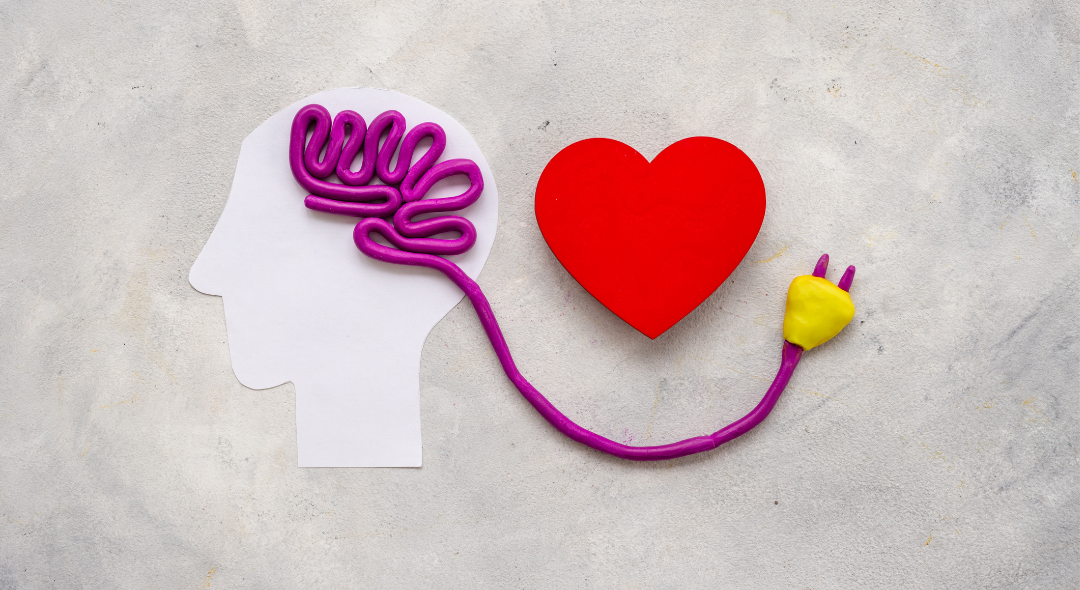In our everyday conversations, it’s easy to reach for terms like “OCD,” “bipolar,” or “psycho” to describe behaviors or situations. While this may seem harmless, such casual misuse trivializes serious mental health conditions and perpetuates stigma around them.
Let’s break down why mental disorders are not adjectives and how we can communicate more thoughtfully.

What’s the Problem?
Mental health terms like OCD (Obsessive-Compulsive Disorder), ADD (Attention Deficit Disorder), or anorexia are medical diagnoses that describe specific and often debilitating conditions. Using them flippantly can:
- Invalidate experiences: People with these conditions face real struggles that aren’t accurately captured by casual usage.
- Spread misinformation: Misusing these terms distorts their actual meaning, leading to misunderstandings about mental health.
- Perpetuate stigma: Treating these conditions as quirks or jokes makes it harder for people to seek help.
Examples of Misuse and Alternatives
Here’s how we can replace commonly misused terms with more accurate language:
- “She’s so OCD about that.”
🔄 Say instead: “She’s very particular/organized about that.”
OCD is a mental health condition involving intrusive thoughts and compulsive behaviors, not just being tidy or detail-oriented. - “You’re insane!”
🔄 Say instead: “You’re so wild/unique/reckless.”
Referring to someone as “insane” reinforces outdated stereotypes about mental illness. - “You look anorexic.”
🔄 Say instead: “Are you doing okay lately?”
Making comments about someone’s appearance, especially with loaded terms like anorexia, can be harmful and dismissive of underlying struggles. - “I get so ADD when I’m working.”
🔄 Say instead: “I feel so distracted.”
ADD and ADHD are neurodevelopmental disorders that involve much more than occasional distraction. - “My parents are so bipolar.”
🔄 Say instead: “My parents are up and down about this stuff.”
Bipolar disorder involves extreme mood swings, not indecision or inconsistency. - “Stop acting psycho.”
🔄 Say instead: “Stop acting that way, please.”
Using terms like “psycho” contributes to the stigmatization of people with mental health conditions. - “My ex is a narcissist.”
🔄 Say instead: “My ex had traits that were difficult for me to handle, but I learned a lot.”
Narcissistic Personality Disorder is a serious condition, not a label to throw around after a breakup.
Why Language Matters
The words we use shape our understanding of the world. When we misuse mental health terms:
- We minimize the challenges faced by individuals with these conditions.
- We create a culture where mental health struggles are misunderstood or ignored.
- We contribute to the stigma that prevents people from seeking help.
By choosing more accurate and compassionate language, we foster an environment of understanding and support.
How Can We Do Better?
- Educate Yourself: Learn about the meaning of mental health terms.
- Pause Before Speaking: Consider whether your words trivialize a serious condition.
- Spread Awareness: Gently correct others when you hear casual misuse of mental health terms.


